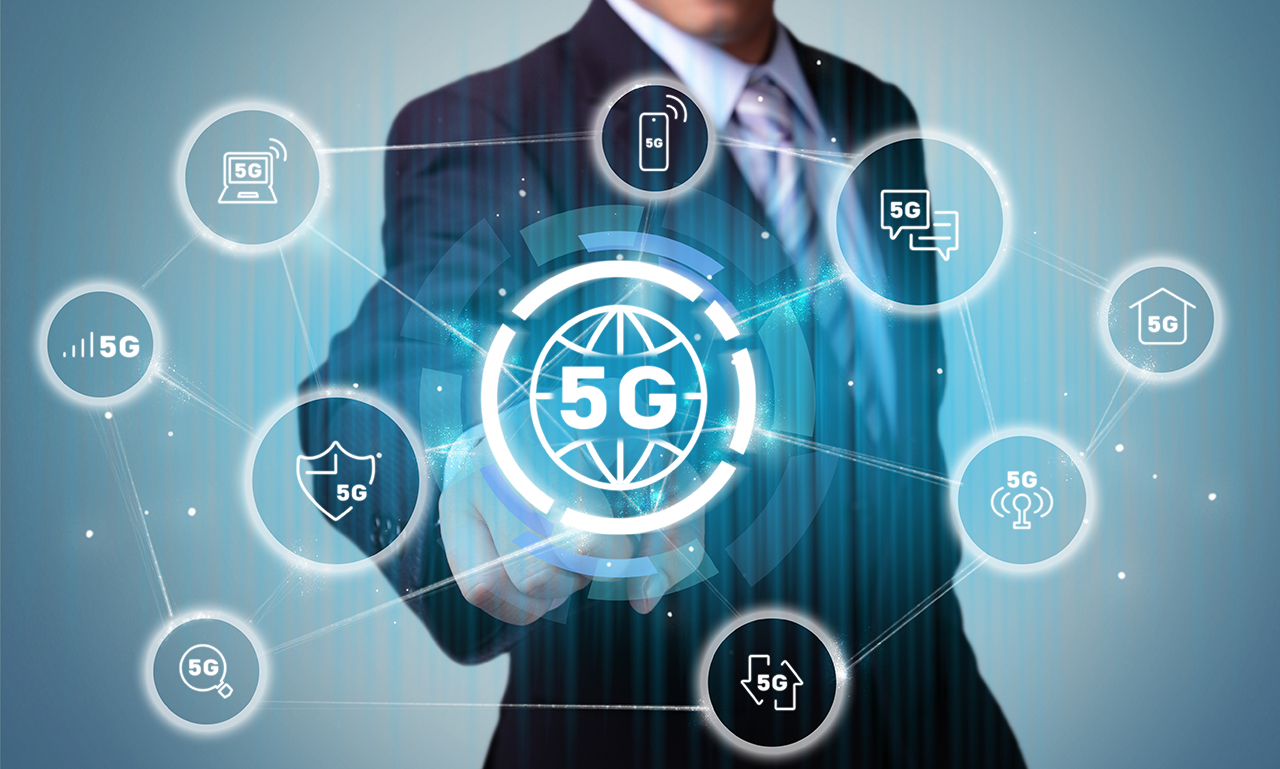With the rollout of 5G technology, businesses across industries are set to experience a significant transformation in their IT infrastructure. Faster speeds, lower latency, and improved connectivity will revolutionize the way companies operate, communicate, and innovate. Here’s how 5G will impact business IT:
1. Faster Internet Speeds
5G provides speeds up to 100 times faster than 4G, enabling businesses to process data at unprecedented rates.
This means quicker downloads, seamless video conferencing, and faster cloud access.
Businesses reliant on real-time data processing, such as financial services and healthcare, will greatly benefit from this speed boost.
2. Reduced Latency and Improved Connectivity
5G significantly reduces latency, ensuring near-instantaneous communication between devices.
This is critical for applications such as remote surgeries, autonomous vehicles, and industrial automation.
Businesses can rely on real-time collaboration tools with minimal lag, improving efficiency.
3. Enhanced Cloud and Edge Computing
5G will improve the performance of cloud-based applications, making them more responsive and reliable.
Edge computing will become more practical, allowing businesses to process data closer to the source and reducing the need for centralized servers.
This will enhance applications that require real-time data analysis, such as IoT and AI-driven insights.
4. Expansion of IoT Capabilities
The increased bandwidth and connectivity of 5G will support a massive expansion of IoT devices in various industries.
Smart factories, logistics, and retail will benefit from better device communication and automation.
Businesses will have access to more accurate real-time data, improving decision-making and efficiency.
5. Improved Remote Work and Collaboration
5G enables seamless remote work by providing high-speed internet access in more locations.
Video calls, cloud collaboration, and virtual reality (VR) meetings will be more efficient and immersive.
This will encourage more businesses to adopt remote and hybrid work models.
6. Strengthening Cybersecurity Challenges
With increased connectivity, businesses must be proactive about securing their IT infrastructure.
5G networks may introduce new vulnerabilities, requiring advanced security protocols and AI-driven threat detection.
Companies should invest in robust cybersecurity measures to safeguard sensitive data.
7. Revolutionizing Supply Chain and Logistics
5G will enhance real-time tracking and monitoring of goods through IoT-enabled devices.
Businesses can improve inventory management, fleet tracking, and delivery efficiency.
Automated warehouses and drone deliveries will become more feasible with reliable connectivity.
8. Enabling Advanced Technologies
AI, machine learning, and augmented reality (AR) will thrive with 5G’s capabilities.
Businesses can implement smart automation, predictive analytics, and immersive customer experiences.
Sectors like healthcare, retail, and manufacturing will see a surge in innovative applications.
Conclusion
5G technology is poised to reshape business IT by delivering unprecedented speed, connectivity, and reliability. Companies that embrace 5G early will gain a competitive edge, improving productivity, customer experiences, and operational efficiency. However, businesses must also prioritize security and infrastructure investments to fully leverage the potential of 5G.
Stay updated with our blog for more insights on emerging technologies and their impact on businesses!
